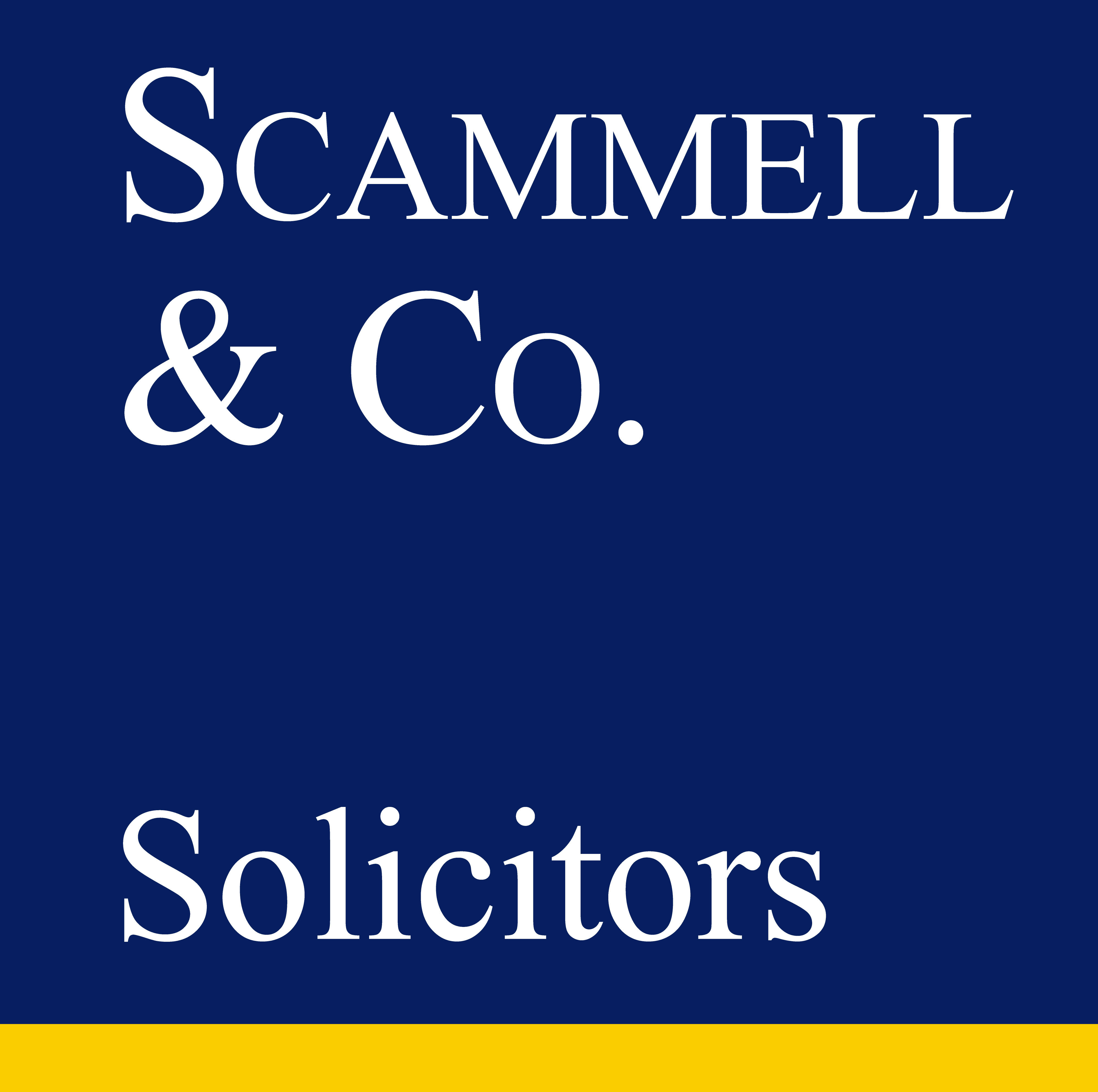Anyone starting their own small to medium enterprise will quickly realise that there are several important legal documents required which, if done properly, will ultimately have a positive impact on the business’ viability and future success.
Such documents include:

Getting these documents sorted out in the early stages of your start-up will provide a solid foundation on which to build your business and avoid potential financial and management problems down the track.
OPERATING/SHAREHOLDER AGREEMENT
An Operating or Shareholder agreement is a document that governs the relationship between a company and its members/shareholders. Such agreements cover many important topics including member/shareholder interests, their rights in running the business, and how the company will be managed. It is an essential document for a start-up with more than one owner or when there are investors involved. It should clearly set out the rights, responsibilities and procedures that are entailed with being a member/shareholder.
As such, the Operating/Shareholder Agreement is useful for situations such as the sale of a start-up, where capital raising might be done by exchanging money for shares, or when a new director of a start-up comes on board.
Key features of an operating agreement may include:
- Ownership percentages
- Profit and loss distribution
- Management and company roles
- Accounting procedures voting rights and rules
- Member withdrawal
- Amendments, modifications or revocation of the agreement
COMMERCIAL LEASE AGREEMENT
As a business owner and tenant, a commercial lease will be one of your business’ most important contracts. It imposes legal and financial obligations on you over a period of years, and your landlord will be one of your most well secured creditors. If, in the future you ever wish to sell your business, a lease is also considered a core asset.
A lawyer can provide advice on your key obligations, potential pitfalls and negotiate on your behalf when deciding to enter into a commercial lease. For example, your lawyer can advise you on the outgoings that your landlord is entitled to. In addition, they may also be able to negotiate the maintenance terms, signage restrictions or eviction clauses on your behalf.
It is generally considered a commercially wise decision to ask a lawyer to review any proposed lease before you sign, rather than bring a problem to your lawyer after the lease is signed.
BUSINESS TERMS AND CONDITIONS
Terms and conditions set up the rights, obligations and liabilities between you and your customers. Most commonly, it forms the contents of a contract. It is an important legal document to have in place, regardless of the industry your start-up is operating in. Terms and Conditions can contain a range of clauses that establish where your business stands on issues such as:
- Warranties
- Refunds and returns
- Defects and damage
- Shipping and deliveries
- Payment procedures
WEBSITE TERMS OF USE
A website’s terms of use sets out the conditions for anyone who interacts with your start-up through your website. This legal document is particularly necessary for anyone looking to start an online-based start-up. Most, if not all start-ups will require a website terms of use in addition to their business terms and conditions.
While this legal document outlines the relationship between you and your customers – just like a business terms and conditions – it also determines what activities are acceptable (or unacceptable) on your website, as well as how your customers’ privacy is handled. For example, you might include a disclaimer about any data collected through the use of tracking cookies. It can also establish ownership and any intellectual property you may have over your website’s content.
PRIVACY POLICY
A Privacy Policy is an extension of your website’s Terms of Use. Again, if any part of your operation involves having your own website, a Privacy Policy is necessary to safeguard your start-up from any issues relating to your website visitors’ data. A Privacy Policy will outline the types of personal information collected, how it is collected and how that information is used. It should also provide contact details if people wish to amend or remove their personal information from your business records.
EMPLOYMENT/CONTRACTOR AGREEMENT
An Employment/Contractor agreement is essential for any start-up that employs staff or contracts out elements of the business operations to third parties. These agreements set out the rights and responsibilities (conditions) between you and your employees/contractors – for instance:
- the type of work they will be performing;
- for what period of time/days they will work; and
- what salary and other entitlements (such as superannuation) or fixed/hourly fee your business will be paying them.
In setting up this agreement, you will need to determine whether your worker is an employee or contractor. A well-drafted Employment/Contractor agreement should accurately reflect the true nature of the relationship between you and your workers.
A knowledgeable and experienced Scammell & Co. commercial lawyer can provide advice and assistance in drafting these business documents to ensure your personal and commercial interests are protected and your business gets off to a flying start.




